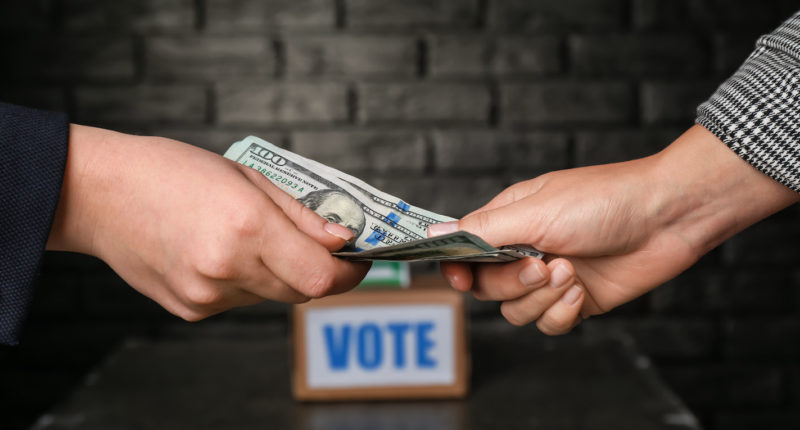For many years, elected officers in Nigeria have continuously participated in election fraud, such as impersonation of voters, vote buying, snatching of ballot boxes, bribing electoral officials, etc. To address this menace, INEC is incorporating the use of technology to make elections more credible. The electoral body has recorded successes with these technologies in the Anambra, Ekiti and Osun State gubernatorial elections. One of these technologies is BVAS.
To tackle vote buying and other economic challenges, the Central Bank of Nigeria (CBN) passed two laws including redesigning the naira notes and placing a limit on withdrawals.
By the numbers
Previous elections have shown that electorates living in the rural parts of the country are more likely to experience and involve in vote-buying than those living in urban areas. Statista claims that in the 2019 general elections, 24 percent of male and 19 percent of females who participated in a survey declared that they were offered money or non‐monetary favors in exchange for their vote in both state and national elections.
The big picture
The higher likelihood of vote buying in rural areas in Nigeria could be linked to higher poverty rates in rural areas than urban regions of the country. Therefore, these Nigerian politicians who engage in vote buying might target rural voters in electoral frauds.

